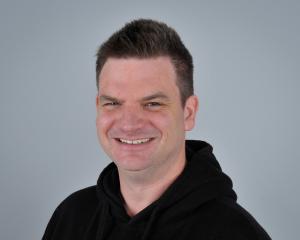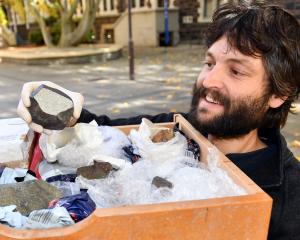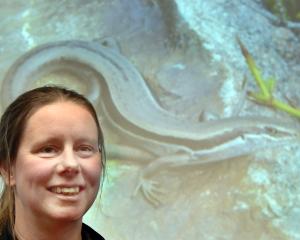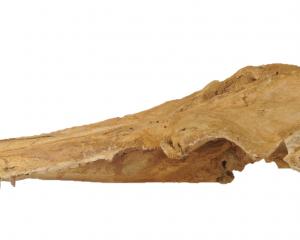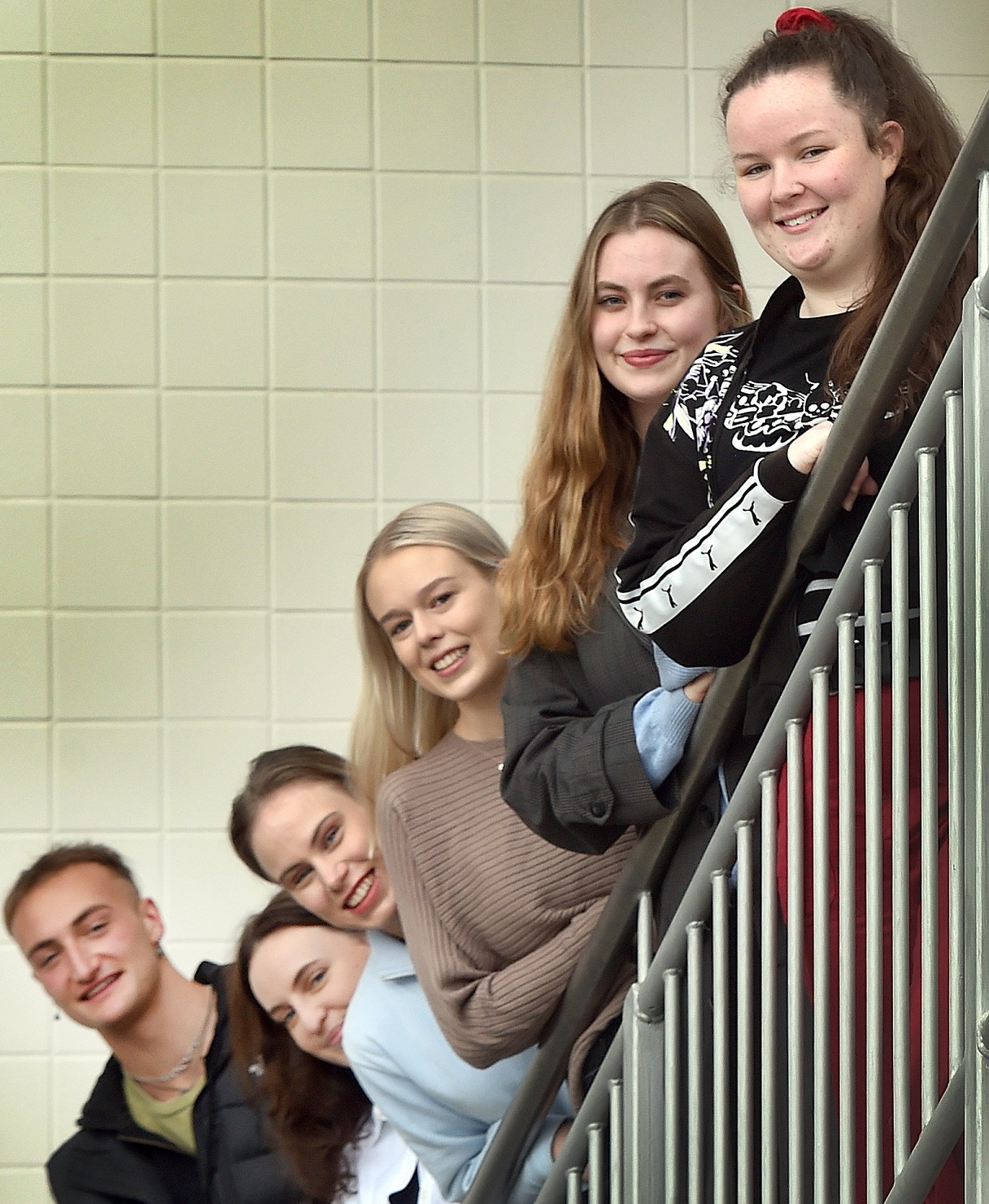
So when Otago Polytechnic third-year bachelor of design (product) students Alice Wassell and Elle Chotiwanich joined two unknown international team-mates to compete in an international competition they had never competed in before, they were surprised when they won.
The team won the Humber University (Toronto) round of Map the System — an Oxford University-based global system thinking competition that aims to stimulate new ways of thinking about social and environmental change.
Then they went on to compete in the Canadian final, where they won the "People’s Choice" award.
Miss Wassell (20) was amazed by their achievements.
"We were surprised because there were so many teams and we’ve not really done a competition like this before.
"I think it helped, not knowing what to expect.
"We put a lot of work in because we didn’t know what to expect.

The online competition challenged participants to understand some of the most complex issues the world faces today.
Participants delved deep into a social or environmental issue that mattered to them and took time to explore, probe and research all its connecting elements and factors.
Then they shared their findings in a way that people could meaningfully understand, share, and learn from.
While many teams focused on issues like plastic waste, food security and the treatment of healthcare workers during Covid-19, Miss Wassell’s team chose the sand crisis.
"Up to 50 billion tonnes of sand is mined worldwide every year to make concrete and asphalt and glass, and it’s running out," she said.
"In some places, it’s over-mined and it changes the course of rivers, it lowers water tables so wells dry up. In India, it’s quite a big issue."
She said the team researched the issue and existing solutions, and found gaps in the solutions that should be filled.
It involved a lot of research and report writing.
They were among nine Otago Polytechnic students who competed in the event, and two other polytechnic teams finished second and fourth in the Humber round of the competition.
Polytechnic product design head Machiko Niimi said it was heartening to see Otago students take such a leadership role in their respective projects.
"They also demonstrated excellent capability in research, particularly given some competitors were studying at postgraduate level."





